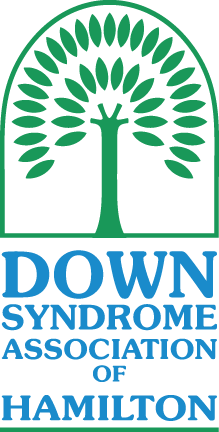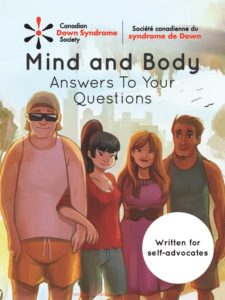Health & Medical
Resources about health and wellness for individuals with Down syndrome.
Employment
Resources that assist people with Down syndrome in gaining meaningful employment.
Community Resources
View other local resources in the Hamilton area
New & Expecting Parents
Pregnant or expecting? View resources for new parents of a baby with Down syndrome.
Education
Resources for all stages of your child’s education in Ontario.
Camps & Programs in the Community
View camps and programs happening around Hamilton.






